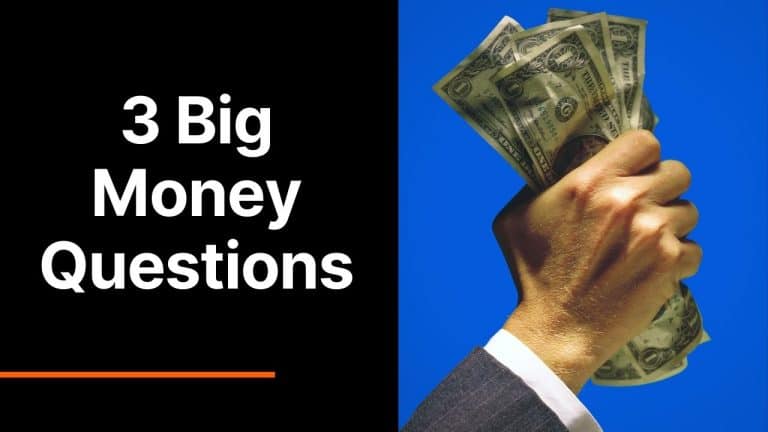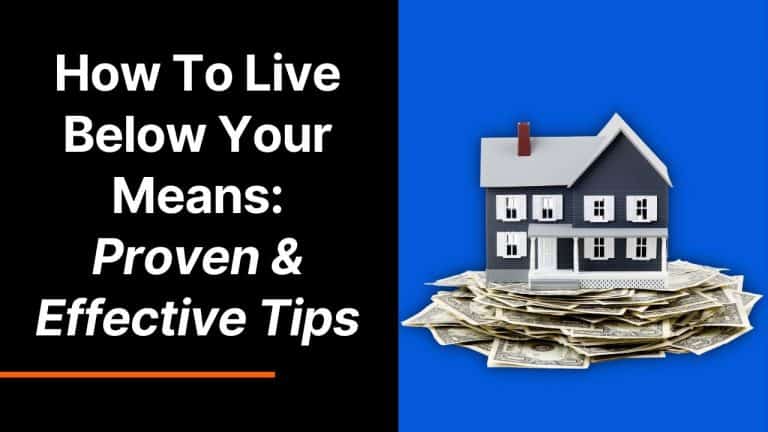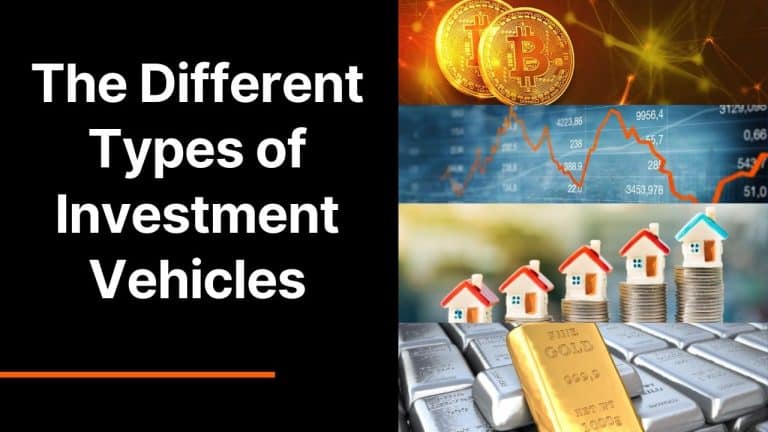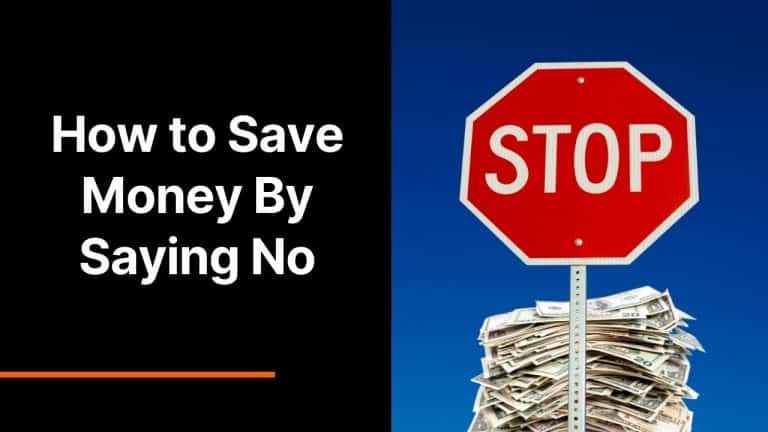Wealth vs Income
Have you ever wondered what the difference between wealth vs
Because they’re NOT the same thing.
And many people confuse the two.
They’re frequently used as interchangeable words, which is a big misunderstanding.
These two terms are completely different from one another in many ways.
- Wealth might include the assets a person already possesses.
- Income is what a person earns daily, monthly, or yearly.
Wealthy people don’t need to earn their paycheck every month.
But when you’re working a 9-5 you do have to show up. And clock in.
You’re not wealthy yet.
What you have is
Shit, even those with high-paying careers like doctors, lawyers, and engineers, don’t always find it easy to accumulate wealth.
Wealth vs Income : Definition
You need to know the definition of wealth vs
Because even a wealthy man who owns a Million dollar house can have a low monthly
So here’s how wealth and
What is Income ?
Income is better defined by the concept of cash flow.
And there are two types of cash flows you should know: cash inflow and cash outflow.
In terms of finances, cash inflow is the cash that goes into your personal pocket. Or money you keep.
In comparison, cash outflow is the money that goes out. Or money you spend.
Income belongs to cash inflows. It’s the money that goes into someone’s pocket.
Income is also derived from the word “incomings.”
Which can include wages, salaries, rental
The opposite of incomings is “outgoings,” which are like cash outflows.
This includes your taxes, household
income.
Disposable
Market
What is Wealth?
Wealth is composed of and ALL about the assets and liabilities of an individual.
When you combine all your assets and subtract all your liabilities from your total assets, you’ll get your net wealth or net worth.
People usually perceive wealth as properties, money in the bank, jewelry, pensions, stocks, bonds, collectibles, and life insurance.
And while those are what create someone’s wealth. What many people miss or overlook is the other side. The negative side.
Because wealth definitely has an opposite or negative side.
Like loans, student loans, mortgages, credit card debt, and other types of liabilities.
Why You Should Become Wealthy
Wealth is essential for many reasons.
First and foremost, wealth serves as someone’s backup if they don’t make
Wealth is also a resource and a tool.
A tool that can be used to pay you or someone else’s bills and other liabilities.
And when invested, since
So wealth can become a source of passive
Wealth vs Income : An Example
Wealth and
This is why people use them interchangeably.
Both wealth and
- What if people understand how to use these words. But misunderstand the message you’re trying to express?
- What if they misunderstand you. And think you are wealthy. When all you want to say is that you earn a high-income each month?
But wealth and
So I came up with a simple example that’ll help you understand the two.
Larry and Jimmy are both 50-year old fictional characters.
Larry is wealthy.
He has a large house valued at $1,000,000.
Investment properties where he earns rental
Before he got these assets, Larry worked hard since he was 22.
He prioritized paying off his student loans right after graduating.
He started out with a low
He spent less than he earned.
He also set aside 10% of his earnings so he could invest. Larry hardly used his credit cards. And when he did, he paid it off in full each month.
And made sure he fully repaid any other loans he had as soon as possible.
Through hard work and sound budgeting, Larry climbed the corporate ladder until he earned $10,000 a month.
With that
His family lived a simple life.
His children went to public schools. And they purchased all their cars second-hand in cash.
And although they mostly buy what they want. Larry and his family manage to avoid debts.
After 30 years of investing, Larry’s portfolio grew up to 2 Million dollars.
He bought properties. He saved up an emergency fund and obtained a few passive
Jimmy, on the other hand, started with a high
He was paid well. And never experienced earning an entry-level salary, unlike Larry.
Jimmy is intelligent and hard-working. But he spends lavishly and buys all unnecessary wants and not the needs of his family.
From a monthly
But despite having a high salary to start with, Jimmy has large bills to pay.
He has a car loan, multiple mortgages, and other loans to buy gadgets and other stuff he wanted.
He sends his children to private schools. And he has a maid at home.
His family is used to living a very expensive life.
They upgrade their phones and laptops every time there are newly released models. They also spend more than their annual budget.
So because of his large bills, tuition fees, and his cleaning lady’s salary, Jimmy couldn’t start saving and
He ended up living paycheck to paycheck. And never really fully retired.
Jimmy still had
So be more like Larry. Not Jimmy.
Because being like Jimmy will have you broke and working forever.
Final Thoughts on Wealth vs Income
A person with a high
Having a high
But without sacrifices and discipline, a person can’t acquire a lot of different assets like Larry.
And they’ll likely end up living paycheck to paycheck. But…
Wealth is permanent.
A person can rely on their wealth even when they don’t have a fixed monthly
Meanwhile, income is a source of money. It’s not permanent.
So if you’re not wealthy, you’ll need a daily, weekly, bi-weekly, or even monthly
Otherwise, you can’t live without it.






